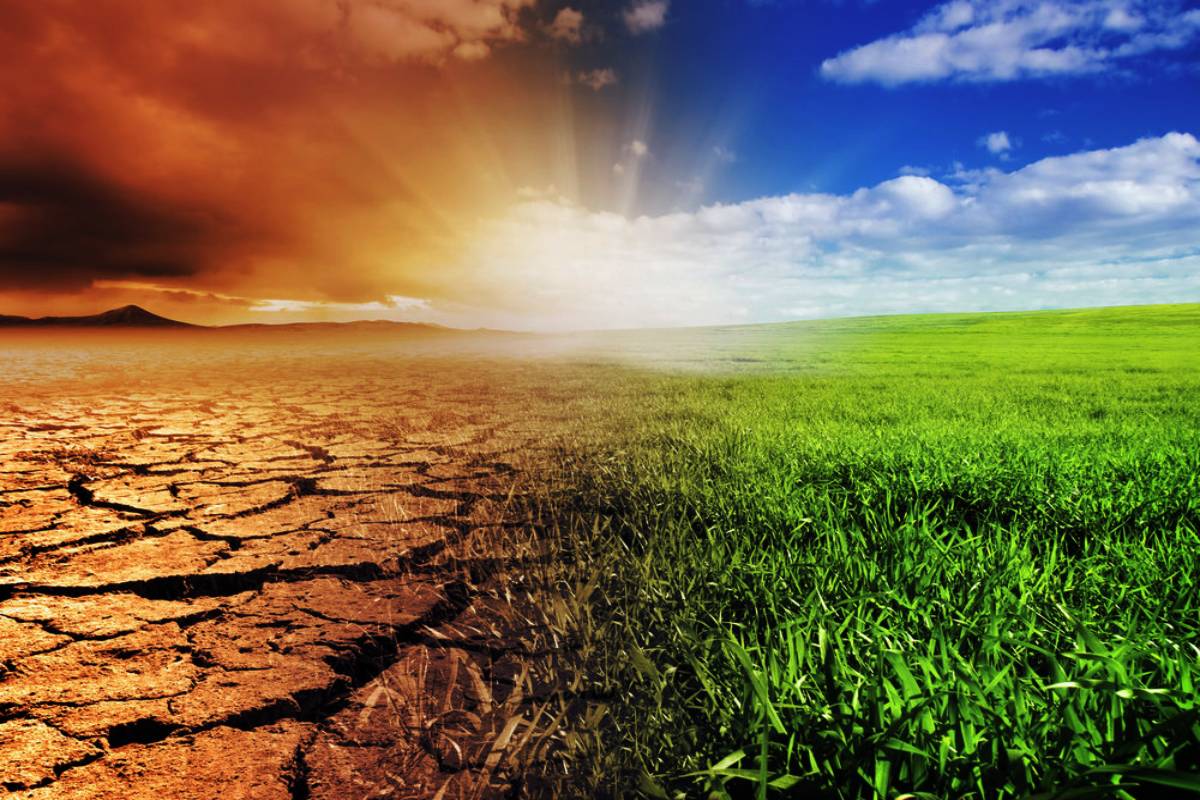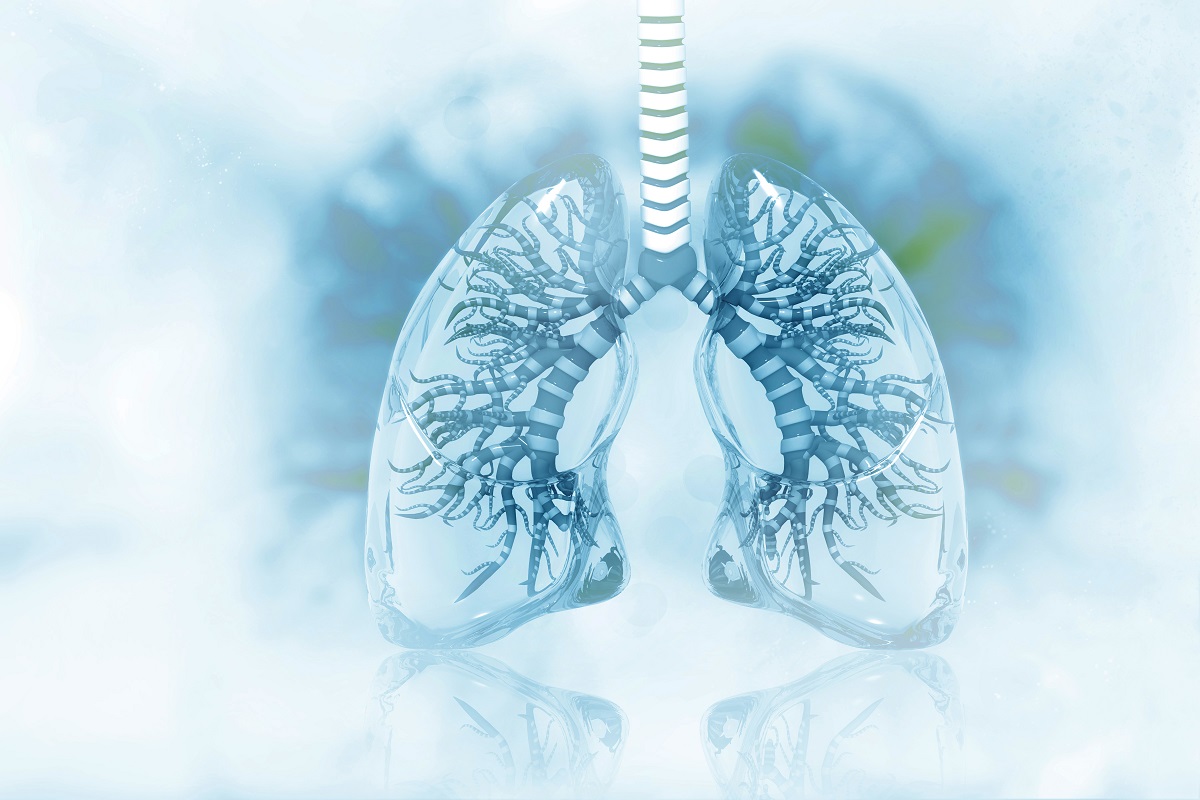Researchers find mechanisms that may lead to inflammatory bowel disease
A team of scientists has discovered mechanisms of abnormal immune cell function that may lead to Crohn’s disease, an inflammatory bowel disease (IBD).

A team of scientists has discovered mechanisms of abnormal immune cell function that may lead to Crohn’s disease, an inflammatory bowel disease (IBD).

The earth has just witnessed its hottest January on record, defying expectations and leaving climate scientists scrambling for answers.

Parkinson's disease (PD) is one of the most common neurological disorders caused by the death of dopamine-secreting neurons in the brain due to aggregation of synuclein protein inside it.

A team of scientists has developed a new method of scanning lungs that is able to show the effects of treatment on lung function in real time, enabling them to see the functioning of transplanted lungs.

Scientists at the Bose Institute, an autonomous institute of the Department of Science and Technology (DST), have studied archaea -- a domain of ancient organisms -- to find clues to survival strategies of microorganisms by adapting to harsh conditions with the help of their toxin-antitoxin (TA) systems.
A team of scientists has identified two new probiotics strains that can help lower high blood pressure that affects at least 40 per cent of the global population.
Studies have implicated at least 500 genes in such disorders. But scientists have no idea exactly how defects in most of these genes impair brain function.
Alzheimer’s is the most common cause of dementia (decline of brain function, memory and thinking skills).
Two scientists from the Indian Space Research Organisation (ISRO) visited the Jadavpur University campus in West Bengal’s Kolkata on Tuesday…
As artificial intelligence (AI) makes deeper inroads into our lives, former Google CEO Eric Schmidt is building a new organisation…
